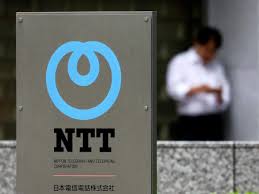DBT Bureau
Pune, 8 August 2024
Using eco-friendly and sustainable materials in road construction is an ongoing process. The Indian Roads Congress (IRC) sets new standards and updates existing ones based on international best practices and local research. The Ministry of Road Transport and Highways (MoRTH) and the National Highways Authority of India (NHAI) also provide guidelines for using these materials.

New materials and technologies are tested and approved by the IRC for use in trial sections. National Highway projects can use materials that meet IRC standards, international standards like AASHTO, ASTM, Euro Codes, British Codes, or those accredited by the IRC. These projects are usually carried out on an EPC (Engineering, Procurement, and Construction), HAM (Hybrid Annuity Model), or BOT (Build, Operate, Transfer) basis, where contractors design the project according to the relevant manuals and standards. These designs are reviewed and approved by the Assistant Engineers (AE) or Independent Engineers (IE) before being used.
In Bihar, National Highway projects are managed by NHAI, the State Road Construction Department (RCD), and the Ministry’s own Project Implementation Units (PIUs), ensuring that the Ministry’s guidelines are followed.
Various eco-friendly materials, such as fly ash, slag, construction and demolition waste, waste plastic, crumb rubber modified bitumen, and geosynthetics (including jute and coir), are used in different projects based on their availability and suitability.





















